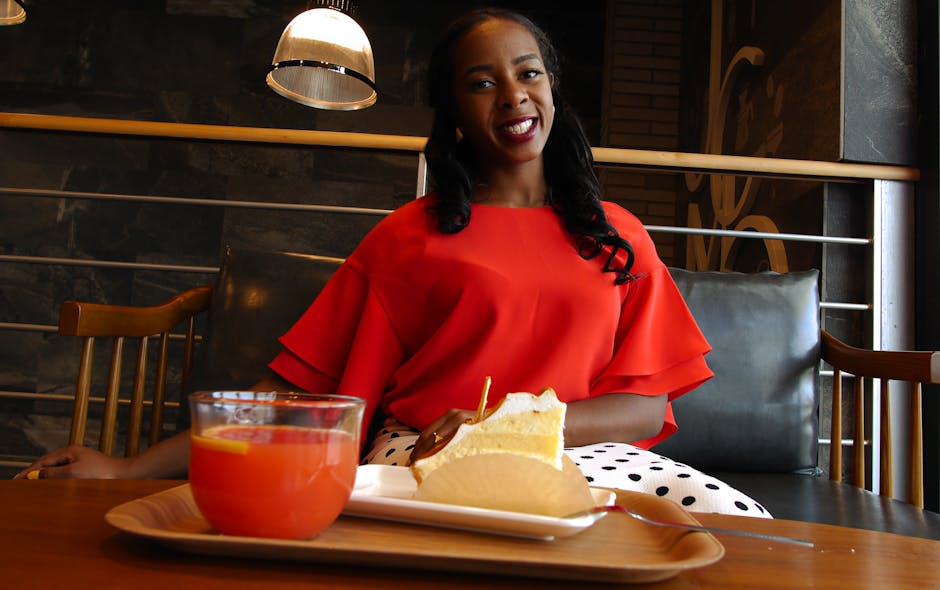https://www.youtube.com/embed/TEBelPUM8tA
Hi everyone my name is Selina Nkoile. I'm a Maasai woman and I come from Narrow county. Welcome to our maasai boma, our homestead, I'm really excited to take you around and show you what we've been able to do: our edible gardens, our food forest, and all these elements that we've been able to put together for the last one year and three months. Being among the first women to be able to go to school in my village, I thought that it was good for me to come back home and share the lessons that I have learned over the years with my community. My life has been all about community ever since I was born.
I have been a community child and that is exactly what our homestead is. With the gazebo we build, people come to chill, charge their phones, and just have conversations and have kahawa and great music. We live completely off-grid, we have our solar power here and we don't have running water, we harvest rain water. It's good because we then don't get to pay all of these bills. Like, we don't have water bills, we don't pay rent, and so it makes our lives easier and more sustainable I grew up in a 100 percent traditional Maasai setting, and I remember us depending entirely on our animals for milk, meat and blood, and we would go get our fruits from the forest while grazing animals.
And so the Maasai I was 20 years ago is not the Maasai I am right now, because times are changing, climate change is making all of these wild fruits disappear. And also we can no longer depend on our animals one hundred percent because most of the time they're away from home and this is really what is now pushing us, the Maasais, to explore different other sources of livelihood securities. So here we have our edible garden where we grow most of our vegetables. It's important to have a center like this where people can come and learn the basics of organic farming and how to grow their own food and get even a source of seeds.

So this place really plays a great great role as a demonstration site where people can learn. So in our market garden, we really try to make it as simple as possible so that people can really understand the basics. For example, here you see we have cassava we have our kale here, we also have pigeon peas, we have lettuce that just dried up, and we have parsley. Being a hot area, water is a very scarce resource, so we show them how to conserve water on the ground and this is done by putting up swales. In our market garden, we have integrated a lot of trees that we hope in the long term will give us shade and fruits and also timber and firewood. So we will be kind of self-sustainable in the near future. Behind me is the tower with a well below it. The idea was to have water pumped up the tank and have gravity fed irrigation throughout our system. And we decided to use the vertical space by integrating a bedroom, a guest bedroom, and also on the topmost level we have a place where someone can relax watch the sunset or just chill and listen to a podcast.
This is our wild area we have a lot of trees already that has grown that are indigenous to this place, for example, this uleleshwa tree. It's a wild sage and it's a very beneficial tree to our community, because we use it as perfume you can put it under your armpits and you smell nice. We also use it as natural tissue paper. We are really trying to rewild this area because it's our zone five and it's the farthest from the house. We've been adding more indigenous trees into this area, we've added fruit trees as well and flowering trees and this is also where we also have our bee hives and so it's been great trying to reforest this place and bring it back to become a real forest..

No comments:
Post a Comment